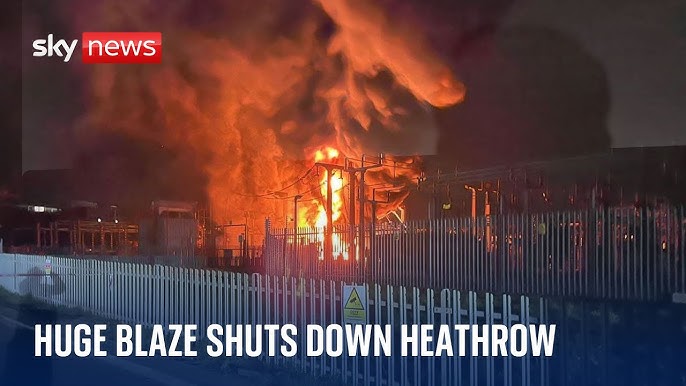In my role as a Fractional MD, one of the first steps I take when working with a new client is to carry out a comprehensive business foundations audit. Central to this is establishing a robust Business Continuity Plan (BCP). Why? Because when disruption occurs—whether a power outage, cyber attack, or unexpected leadership absence—the strength of your continuity plan determines whether your business stumbles or strides confidently forward.
Expecting the Unexpected
While you may not be managing Heathrow, even small disruptions can cause significant damage to SMEs. Consider the potential consequences of losing access to key software, experiencing supply chain interruptions, or having vital team members suddenly unavailable. In many cases, the absence of a clear, actionable plan can cost SMEs thousands in lost productivity, reputation, and revenue.
A robust BCP helps you:
- Clearly identify potential risks unique to your business
- Assign accountability and responsibilities within your team
- Ensure systems and procedures can swiftly respond and adapt to disruption
- Maintain communication channels, both internally and externally, during crises
Protect Your People First
As someone whose approach to business is inherently values-led and people-centric, the safety and well-being of your team should always be paramount. Your BCP is not just about operational continuity—it's also about supporting your people through uncertainty. Clear communication protocols, remote working infrastructure, and support systems to manage stress and workload shifts during disruptions must form part of your continuity strategy.
Flexibility and Resilience: Core Foundations of SMEs
Having worked closely with numerous SME founders, I understand that flexibility and resilience define the entrepreneurial spirit. However, these traits must be underpinned by deliberate planning. A practical BCP transforms reactive chaos into structured response, ensuring your business can rapidly pivot, adapt, and recover—often emerging stronger than before.
How to Get Started with Your Continuity Plan
- Identify key risks: Conduct a thorough risk assessment tailored to your specific industry and business operations
- Prioritise: Understand the critical functions within your business that absolutely must continue, no matter what.
- Define clear responsibilities: Everyone in your team should know exactly what their role is in a crisis.
- Communicate: Create clear, consistent communication strategies for your team, customers, and stakeholders.
- Test and update regularly: A plan is only as good as its most recent review. Regularly test, learn, and improve.
Final Thoughts
A strong Business Continuity Plan isn't just paperwork. It’s your SME's safety net, ensuring that when something unexpected inevitably happens, your response is swift, decisive, and effective. More than anything, it shows your employees and your customers that resilience isn't just a buzzword—it's woven into your company's very fabric.
If you need help compiling a business Continuity plan (BCP), book an intro call with me now to chat through some options and how I might be able to help.




